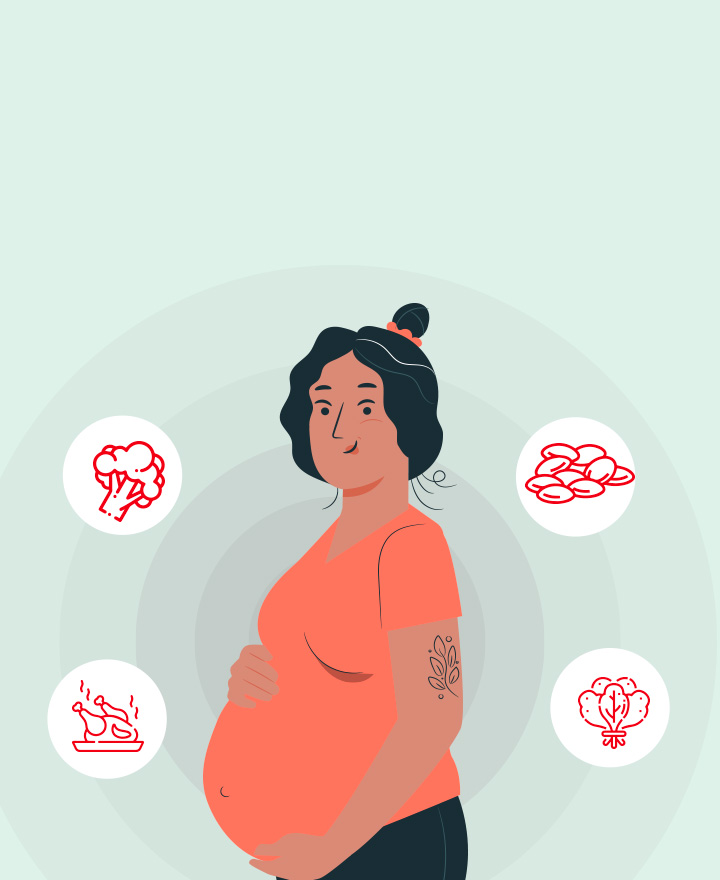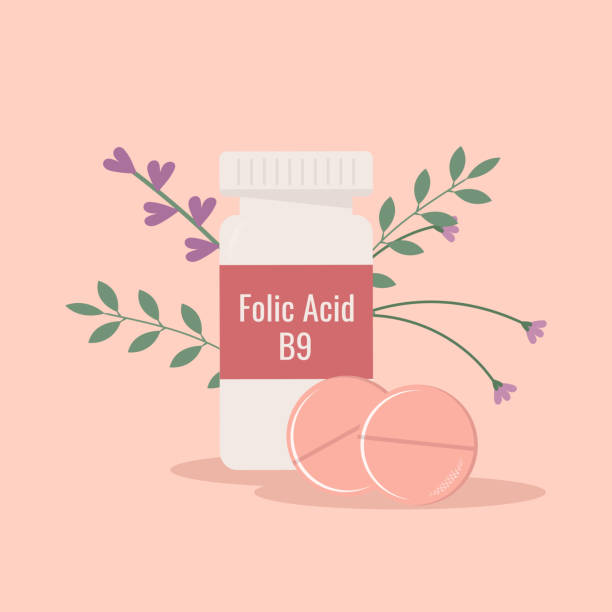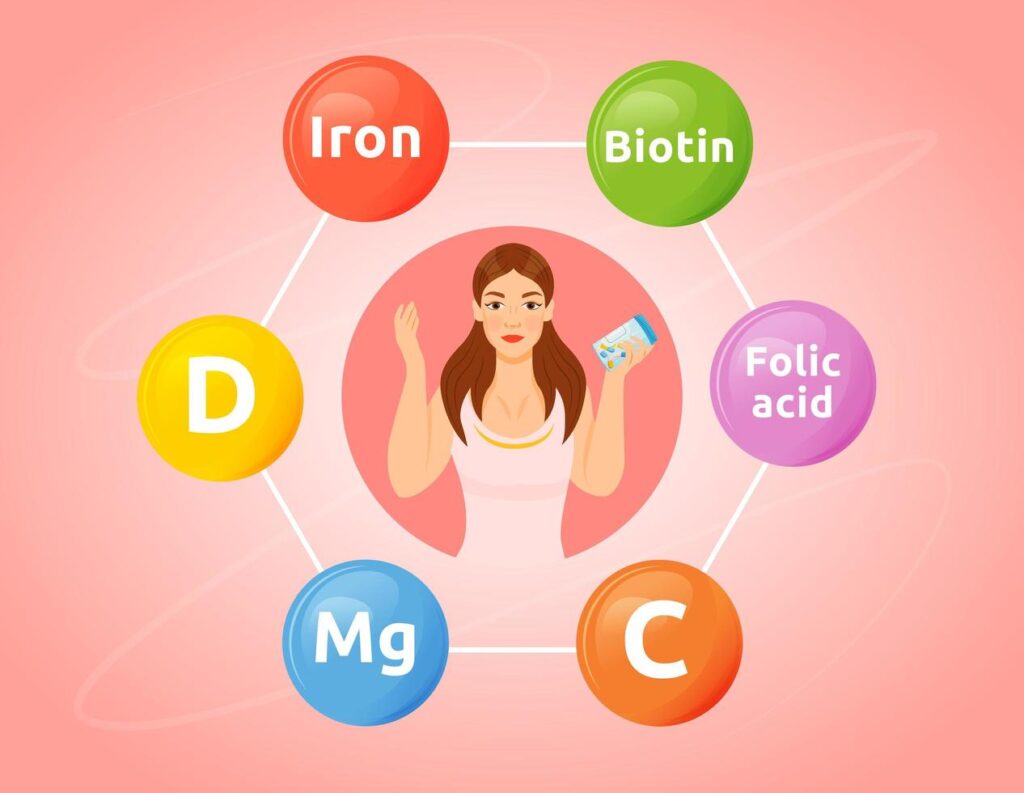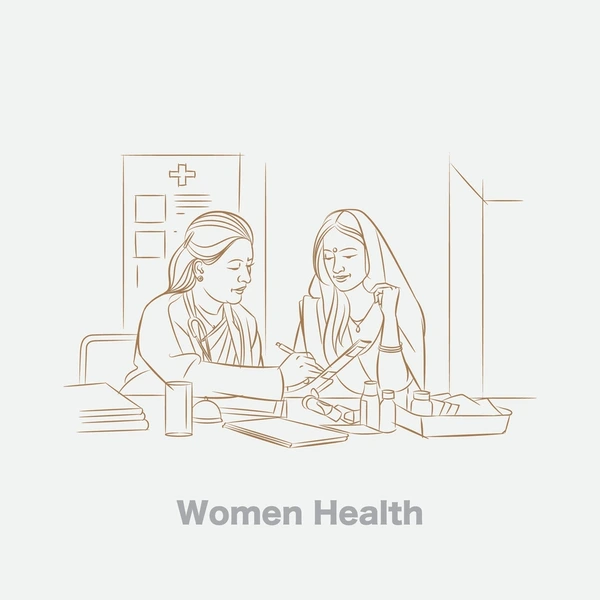Women’s health is a complex and dynamic journey influenced by a variety of factors including hormonal changes, lifestyle, nutrition, and wellness as women move through different stages of life—from puberty to menopause and beyond—specific nutritional needs emerge that play an important role in achieving optimal health. While a balanced diet is important, a nutrient is not always adequately absorbed through food alone, making supplementation a powerful tool for supporting women’s health In this guide I will explore key medications inclusion that can enhance the well-being of women in every stage of life and I have explained why it is so important.
Understanding the unique nutritional needs of women:
Compared to men, women have different physical and hormonal requirements. These needs change throughout the life span and require careful monitoring and sometimes additional nutritional support. Here are key factors in women’s lives and corresponding changes that can affect their health:

Puberty: Food requirements change dramatically with the onset of menstruation. Iron and calcium are especially important to support growth and hormone development during this time.
Reproductive age: Pregnancy and lactation create increased demand for nutrients such as folate, iron, calcium and omega-3 fatty acids.
Menstruation and menstruation: During this phase, the body undergoes hormonal changes, leading to changes in bone density, metabolism, and heart health Supplements that support bone health, hormonal balance , and heart health is even more important.
Postmenopause: Bone and heart health are important, as is the need for antioxidants and vitamins to support immune function and strength.
Especially in addition to women’s health:
1. Calcium is protective of bone health:
Calcium is key for bone health, especially for women. Women are particularly prone to osteoporosis as they age. Low estrogen levels around menopause can accelerate bone loss, increasing the risk of fractures.

Why it matters: Calcium is essential for strong and maintained bones. It plays a role in cardiovascular, musculoskeletal, and vascular function.
How much you need: Women should aim for 1,000 mg of calcium per day until age 50 and 1,200 mg after age 50. Calcium supplements can only be useful for those who cannot take food does not meet these needs
2. Vitamin D: Sunshine vitamin:
Vitamin D works synergistically with calcium, improving the absorption of this essential mineral and playing a role in bone health. It is also important for immune health, and mental health, and reduces the risk of chronic diseases such as breast cancer and heart disease.

Why it’s important: Many women are deficient in vitamin D, especially those who live in areas with limited sunlight or spend most of their time indoors Low levels of vitamin D can contribute to bone loss and increased risk of osteoporosis.
How much you need: The recommended daily allowance (RDA) is 600 IU for women under 70 and 800 IU for women over 70. Health professionals may recommend higher doses for frail women or women without much sun
3. Iron: energy and blood health:
Iron is essential for women because of menstruation, which can deplete iron stores. Low levels of iron can lead to anemia, which leads to fatigue, weakness, and a decreased immune system.

Why it’s important: Iron is needed to make hemoglobin, the protein in red blood cells that carries oxygen throughout the body. During pregnancy, the growing baby needs even more iron for nourishment.
How much you need: Women ages 19–50 aim for 18 mg per day, while women over 50 need 8 mg per day. Pregnant women may need to take 27 mg daily. Iron supplements are especially important for those who have heavy menstrual cycles or follow a vegetarian or vegan diet.
4. Folic acid: For reproductive health:
Folic acid (or folate) is an important B vitamin for women in their reproductive years, especially if they are planning to become pregnant. This vitamin helps the baby’s brain and spinal cord develop properly and prevents neurological defects.

Why it’s important: Folic acid is essential for DNA synthesis and cell division. Pregnant women with low levels of folic acid have an increased risk of having a baby with birth defects.
How much you need: Women should aim for 400 mcg of folic acid daily. Pregnant women or those trying to conceive may need up to 600 mcg.
5. Omega-3 fatty acids: promote heart and brain health:
Omega-3 fatty acids, found in fish oil and some plant-based oils, offer a host of benefits for women’s health, from supporting heart health to clearing mood and reducing inflammation.

Why it matters: Omega-3s help reduce the risk of heart disease, lower triglyceride levels and reduce symptoms of depression. During pregnancy, omega-3 fatty acids support fetal brain and eye development.
How much you need: Women should aim for 1,000–2,000 mg of EPA and DHA (active forms of omega-3) per day. Those who rarely eat oily fish can benefit from fish oil supplements.
6. Magnesium: Promotes muscle, tendon, and bone health:
Magnesium is involved in more than 300 metabolic processes, including muscle and nerve function, blood sugar regulation, and protein synthesis, and is also important for bone health, as it helps absorb calcium.
Why it matters: Many women are deficient in magnesium due to inadequate diet or poor absorption. Magnesium can also help reduce PMS and migraine symptoms.
How much you need: Women should aim for 310–320 mg of magnesium per day. Those with muscle spasms, headaches, or other signs of weakness may need additional medication.

7. Probiotics: Promote gut and immune health:
The importance of gut health cannot be overstated. A healthy gut is important for digestive function, immune function, and even mental well-being. Probiotics, which are beneficial bacteria, help maintain a balanced gut microbiome.
Why it matters: Women who are particularly susceptible to yeast or digestive issues can benefit from probiotics to promote healthy bacteria in the gut and boost digestion and immunity effectiveness
How much you need: While there is no set daily value for probiotics, a daily diet containing Lactobacillus and Bifidobacterium strains is often recommended
8. Collagen: Promotes skin, hair, and joint health:
Collagen is the protein that gives structure to your skin, hair, nails, and joints. As women age, collagen production decreases, leading to visible signs of aging like wrinkles, thinning hair, and sagging joints
Why it’s important: Collagen supplements can firm skin, reduce the appearance of wrinkles, and support joint health, which is especially beneficial for active women and those facing joint issues during the menstrual cycle How much you need: While there is no official daily recommended amount, studies show that taking 2.5–15 grams of collagen per day can help skin and joint health
The importance of consulting health professionals:
While supplements can offer great benefits, it’s important to remember that every woman’s body is different. Before starting any supplement, it is important to consult with a healthcare provider to determine which supplement is right for you. Tailor-made recommendations based on age, lifestyle, and health status ensure you get exactly what you need without overdosing, which can sometimes cause side effect

FAQS:
- Can I get all the nutrients I need from food alone?
Many essential nutrients can be obtained from a well-balanced diet of fruits, vegetables, whole grains and lean protein. However, certain life stages, dietary restrictions, or medical conditions can make it difficult to get all the nutrients you need through food alone. In these cases, supplements can fill the void and provide your body with the vitamins and minerals it needs.
- Are there any risks associated with taking supplements?
Yes, while supplements can be beneficial, high doses of certain vitamins and minerals can be harmful. For example, too much calcium causes kidney stones, and too much iron causes gastrointestinal problems. This is why it is important to follow the recommended dosage and consult your healthcare provider before starting any other supplements.
CONCLUSION:
In conclusion, women’s health has many facets, the right combination of nutrition and supplementation can provide the support needed to improve in any stage of life Monitor your body’s needs and consult with a healthcare professional about to achieve optimal health and wellness through the power of nutrition and supplements

